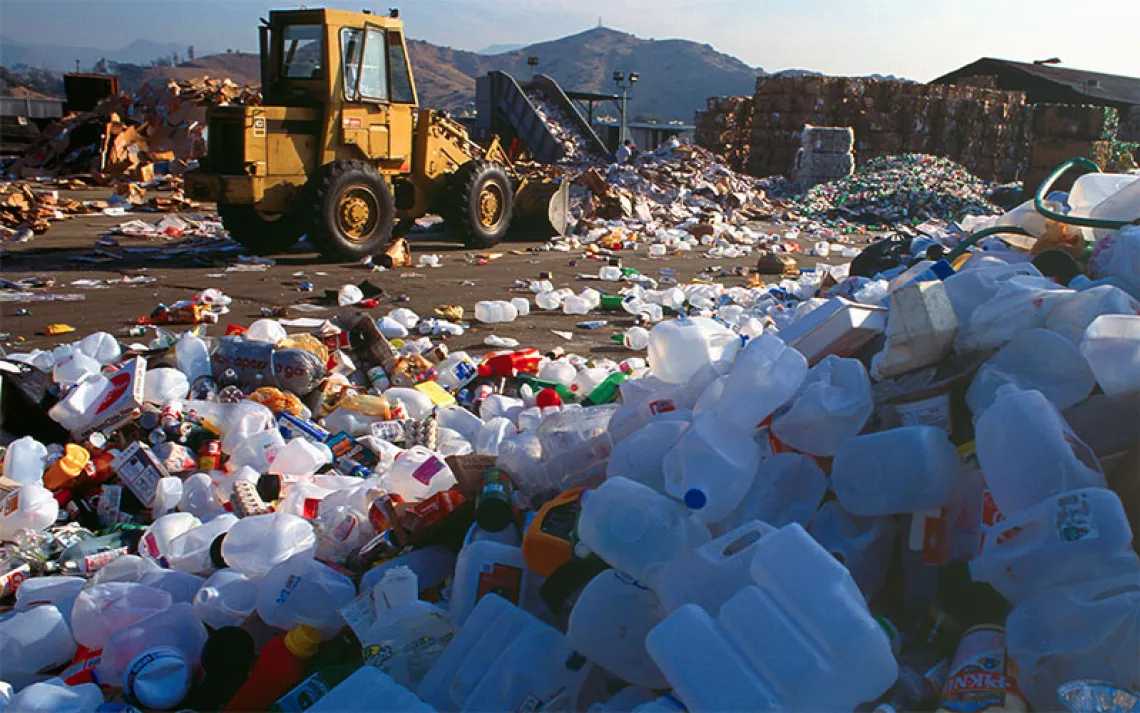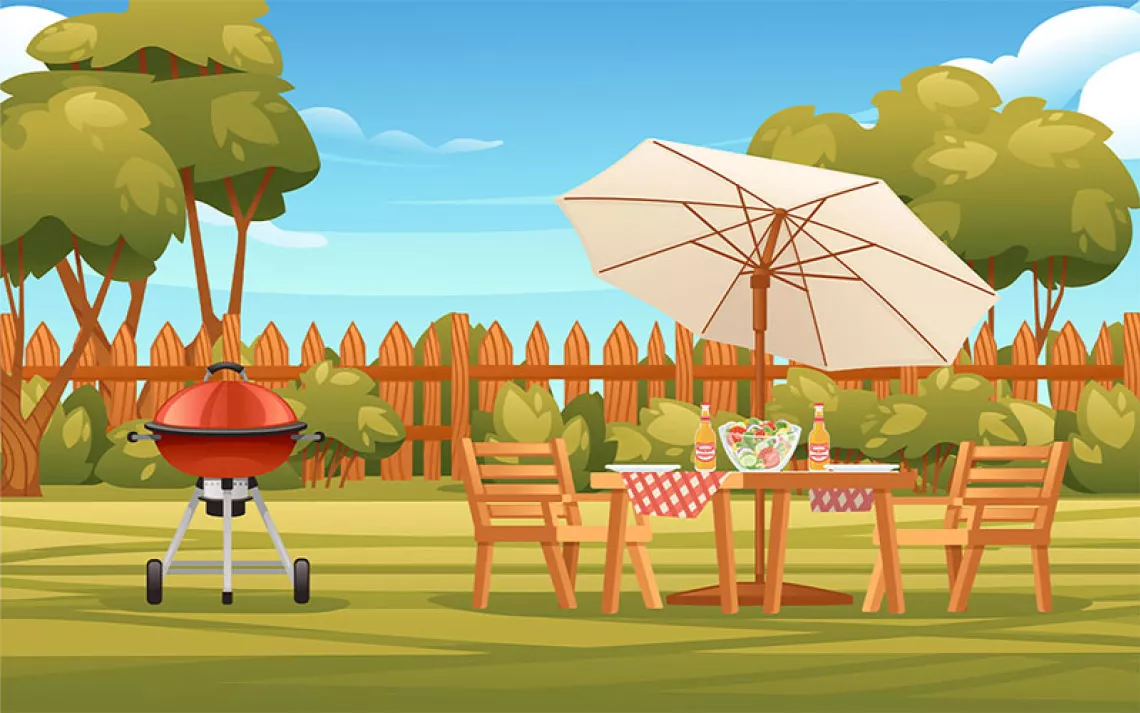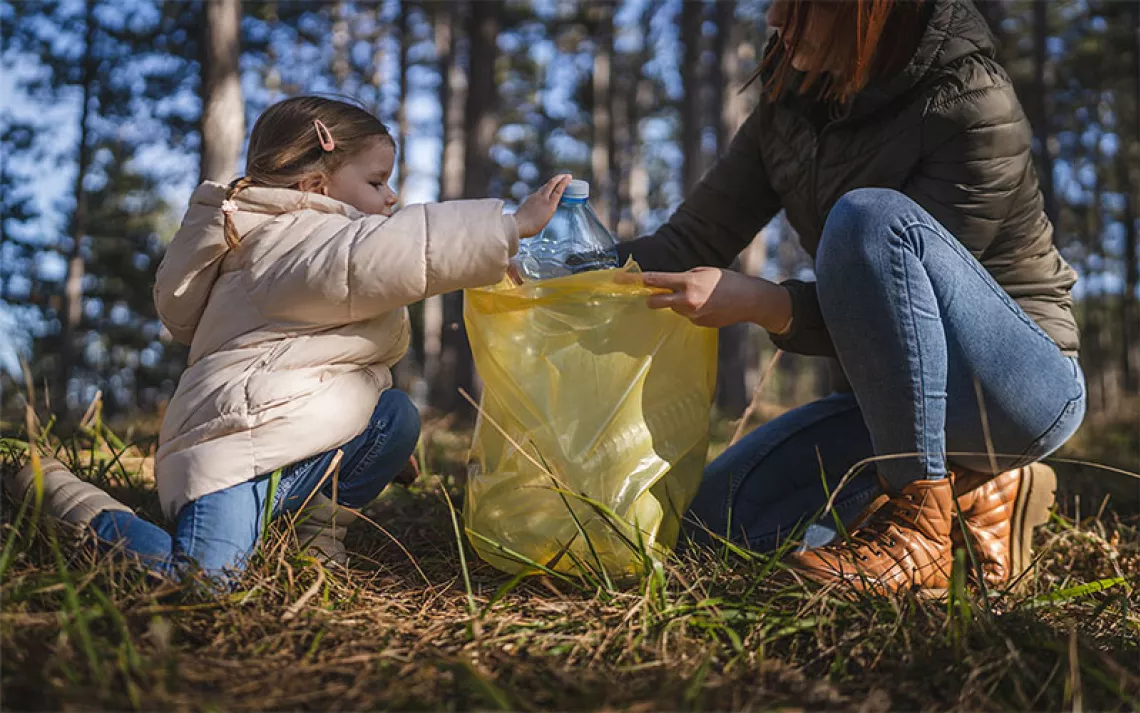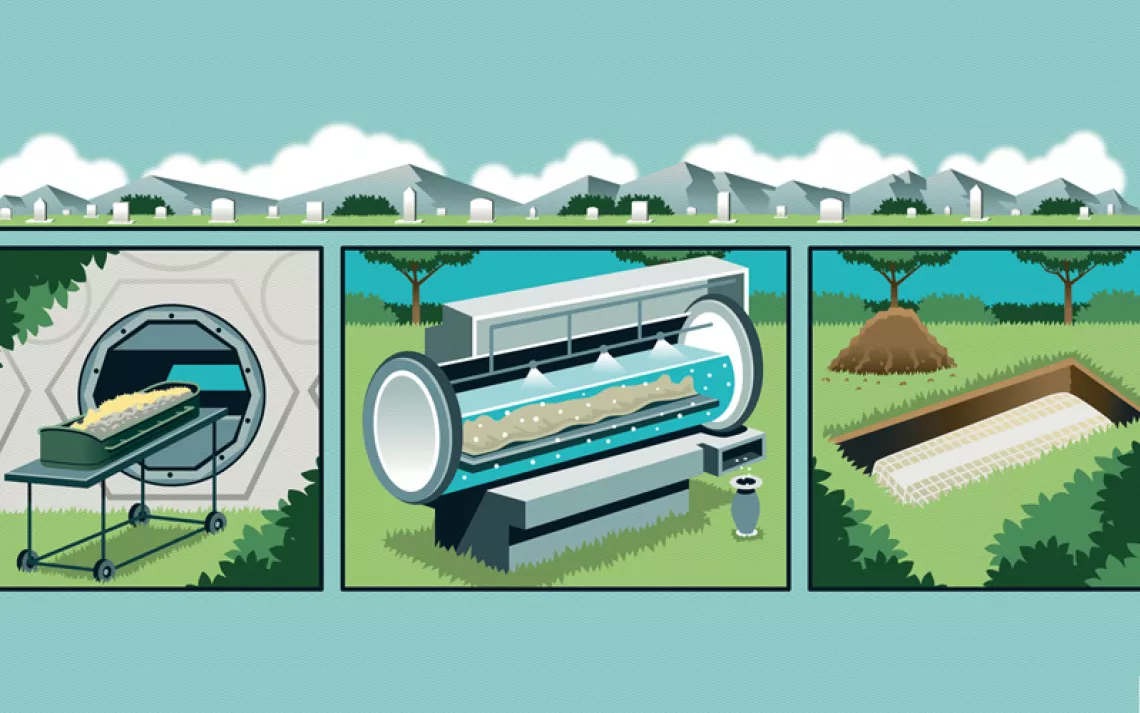Welcome to My Zero-Waste Holiday Blast
It’s my party, and I’ll pick through the trash if I want to

Photo by Nick Jones
I realize I may be in the minority on this, but I enjoy cleaning up the morning after a big party. It’s a nontaxing way to clear a foggy head: dish by dish, glass by glass, half-eaten tamale by rejected cookie, establishing small beachheads of order amid a sea of detritus.
So last Sunday morning, after a couple hours of desultory labor—fueled by lots of coffee and leftovers—the physical remnants of our umpteenth annual Holiday Tamales & Gløgg Party were accounted for. (It may offend the cultural-appropriation police, but tamales and gløgg go together exceedingly well.) The dead soldiers were laid to rest in the recycling bin, beer cartons and greeting-card envelopes with the mixed paper, and the half-eaten tamales and cookies in the compost. When it was all over, I looked at the actual garbage that was left—a couple of bubbly cages, some plastic wrap, and the lid to an ice cream carton (do better, Häagen-Dazs!)—and realized that, without hardly trying, our party for 60-some people had been very close to zero-waste.
How did that happen? Here’s what it took:
A good recycling system. I’m lucky to live in a place with a robust, well-run recycling program—something rarer and rarer these days. Happily, for the zero-waste party giver, glass bottles, aluminum cans, and plastic bottles are among the more commonly recyclable items. (It also helps to live in a state with a bottle bill.) Even beer-bottle caps, which I originally consigned to the garbage pile, turn out to be recyclable. (Not to mention that a friend collects them for art projects. Reuse > recycling!)
Reusable and compostable dishes and utensils. We have a lot of plates, but when those run out, simple paper plates are easily compostable. For utensils, we keep a bag of randos from the thrift store that we haul out for parties. Using them, of course, requires a . . .
Willingness to wash. If you want to get beyond disposable plastic, you’re going to have to develop a better attitude about dishwashing. We have a box of glasses we can haul out of storage for parties, which we sometimes supplement with [looks furtively around, whispers] plastic cups. Yes, those same evil plastic cups that we’re trying so hard to avoid become virtuous if you collect and wash them when the party’s over. We have some that have been in circulation for many years. Works best if you start out with sturdy ones.
Trash picking. Unfortunately, plastic washing has yet to really catch on, so a lot of guests just toss their plastic cups. So in pursuit of zero-wastefulness, you’re going to have to root through the trash to pick them out. Honest, it doesn’t hurt. It also allows you to pick out the small amount of legit garbage so as not to spoil your recycling or composting.
Access to municipal composting. City- or community-run municipal compost operations are key to waste reduction. Ours takes virtually anything organic, thus all the food waste, paper plates, napkins, even the paper trash bags. It ends up as rich quality compost, which the city hands out to gardeners for free.
Supportive guests/good design. A final element that made this zero-waste event work was the support—even if unwitting!—of the guests. People brought food they’d cooked themselves, so there wasn’t a lot of plastic packaging. It wasn’t really necessary this time, but in the past I’ve set out waste receptacles clearly labeled “compost” or “recycling.” People get it, and it reduces the need for post-party trash picking.
Happy holidays!
 The Magazine of The Sierra Club
The Magazine of The Sierra Club



